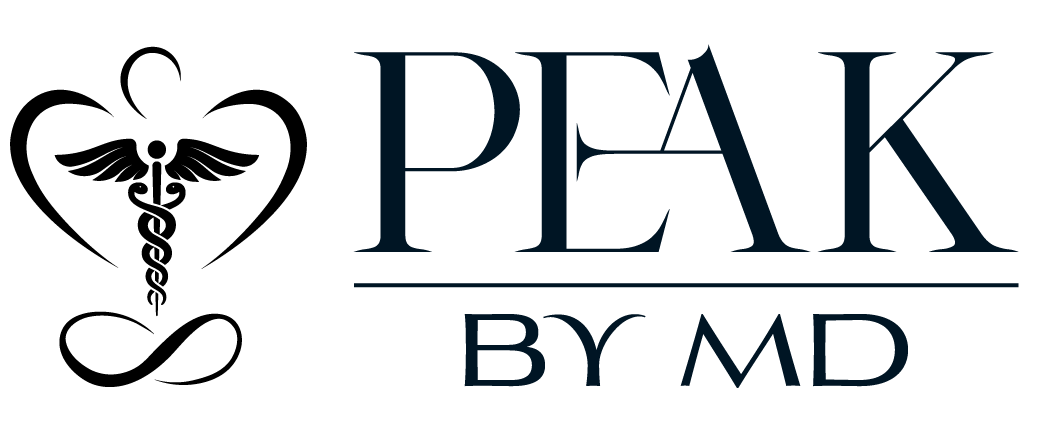Polycystic Ovary Syndrome (PCOS) is a common hormonal disorder that affects people with ovaries.
There are different types or presentations of PCOS, and individuals may experience a combination of symptoms.
The three main types of PCOS are:
- Insulin-Resistant PCOS:
- Characteristics:
- Insulin resistance is a key feature.
- Elevated insulin levels can lead to increased androgen production by the ovaries.
- Increased risk of type 2 diabetes and metabolic syndrome.
- Symptoms:
- Irregular menstrual cycles.
- Elevated levels of androgens, leading to symptoms such as acne and hirsutism (excessive hair growth).
- Weight gain, particularly in the abdominal area.
- Management:
- Lifestyle modifications, including a healthy diet and regular exercise, to improve insulin sensitivity.
- Medications such as metformin may be prescribed to manage insulin levels.
- Hyperandrogenic PCOS:
- Characteristics:
- Elevated levels of androgens (male hormones) are a primary feature.
- Irregular ovulation and menstrual cycles may occur.
- Insulin resistance may or may not be present.
- Symptoms:
- Hirsutism (excessive hair growth).
- Acne and oily skin.
- Thinning scalp hair (male-pattern baldness).
- Management:
- Oral contraceptives (birth control pills) to regulate menstrual cycles and reduce androgen levels.
- Anti-androgen medications may be prescribed to manage symptoms.
- Non-Hyperandrogenic PCOS:
- Characteristics:
- Irregular ovulation and menstrual cycles are primary features.
- Androgen levels are not significantly elevated.
- Insulin resistance may or may not be present.
- Symptoms:
- Irregular or absent menstrual cycles.
- Ovulatory dysfunction, which may contribute to infertility.
- Management:
- Fertility medications (e.g., clomiphene) to induce ovulation for those trying to conceive.
- Lifestyle modifications to address any associated insulin resistance.
Conclusion
It’s important to note that the presentation of PCOS can vary widely among individuals, and not all people with PCOS fit neatly into these categories. Additionally, PCOS is a syndrome, meaning that it is diagnosed based on a collection of symptoms rather than a single, definitive test. Diagnosis and management often involve collaboration between healthcare professionals, such as endocrinologists, gynecologists, and reproductive specialists.
It’s crucial for individuals experiencing symptoms associated with PCOS to seek medical advice for proper diagnosis and personalized management. Treatment strategies may include lifestyle changes, medications, and, in some cases, assisted reproductive technologies for those facing fertility challenges.
